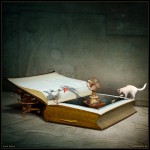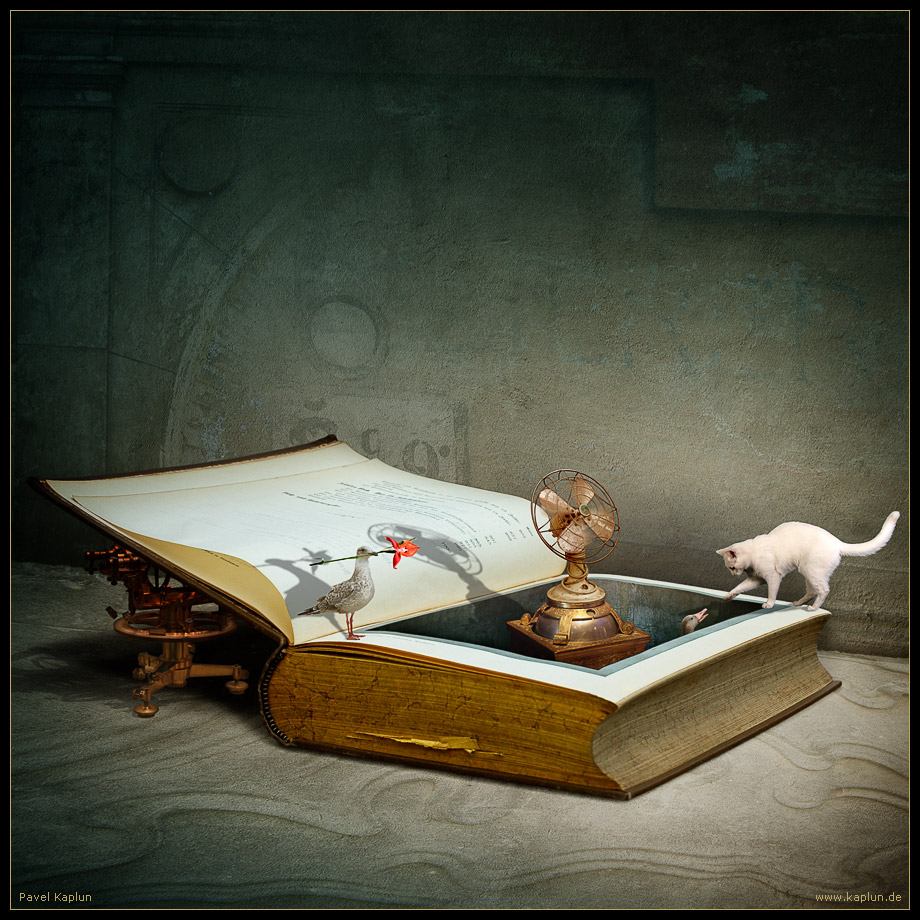 I’ve received several comments on my blogs concerning Dan Brown. They were all positive, the readers saying they had added Angels and Demons to their reading list.
I’ve received several comments on my blogs concerning Dan Brown. They were all positive, the readers saying they had added Angels and Demons to their reading list.
I wrote to one person in response to their comment that: I find that reading a work that displays the element of craft I am trying to incorporate into my writing is the best teacher. And then it suddenly dawned on me why reading is so important.
The old adage, “See one, do one, know one,” is true regarding writing. As students of the craft we are given rules and taught the rudiments of what a story holds: character(s), point of view (pov), plot, dialogue, setting, theme, etc.
And then we are told the purpose of these articles of craft, what they bring to a story, their purpose.
Character tells who and some of why events are taking place as they are in a story. Point of view clarifies the specific of who is delivering the story, whose angle on events we are receiving.
This determines the level of conflict and investment.
Plot, of course, tells us what is taking place and reveals the how of resolving the dilemma, with dilemma being the what.
Dialogue reveals more of character, rather the personalities of the characters, their conflicts, both internal and external.
Setting shows where, and when. Depending on the nature of the story, setting can in and of itself become a living, breathing element of the story with its own character.
But a story is more than simply answering who what why, where, when, and how.
These elements must move together and in tandem the same way our legs must move in rhythm on the pedals of a bicycle along with our hands to the bicycle bar steering it straight. We wobble when first learning to ride a bike. Writing is the same way.
At the outset of our journey into writing our strong suit may be in establishing setting, and describing characters. Yet all stories need dialogue, ever how sparsely seeded within the prose, or perhaps as the major engine driving the plot.
In either case, the dialogue has to sound real. Yet we cannot have our characters speak exactly as we hear people speak. As with everything in a story, dialogue is a condensation, a distillation on human reality, with emphasis on omitting the boring and routine while highlighting the dramatic.
The writer is trying to create a dream state in which to capture the reader so that she or he will not want freedom by laying the book down.
The best way to learn how to combine all the elements of fiction towards the means of establishing this dream and the ends of the reader remaining ensconced in this dimension of the novel or story until the end is to experience that dream state, undergo one’s own capture at the hands of another writer’s words.
Knowing what it feels like to read a story, dread seeing it come to an end, meeting characters you do not wanting to let go of, say good-bye to, will always carry in your heart, is the best way to recognize when one’s own words fail to accomplish this.
Reading well-written books that we enjoy and hold our attention despite all the demands of daily responsibilities lays the groundwork for recognizing when work is not doing that for you. Enjoyment allows a mind to relax. And a relaxed mind absorbs so much more than a tense or bored one.
A loss of interest in reading our own work is the first sign that we need help in learning how to establish and then bring all the elements of craft together on the page. We gain this help not simply by taking writing classes and attending writing workshops and our involvement in ongoing writing groups.
An integral part of benefiting from having others read and critique our work is also reading. How else are we to see examples of how we can improve our work, make right the things that other readers have criticized in our work, and that maintain our interest in revising and polishing our story?
Musicians listen to music by other composers. Athletes study the work of competitors. Painters study works of the masters. Why shouldn’t writers read?
How often do you read?
Is reading an integral part of your writing life?
How important is your reading when compared to your writing?
What do you write?
What do you like to read?
What are you reading now?
What has it taught you?
